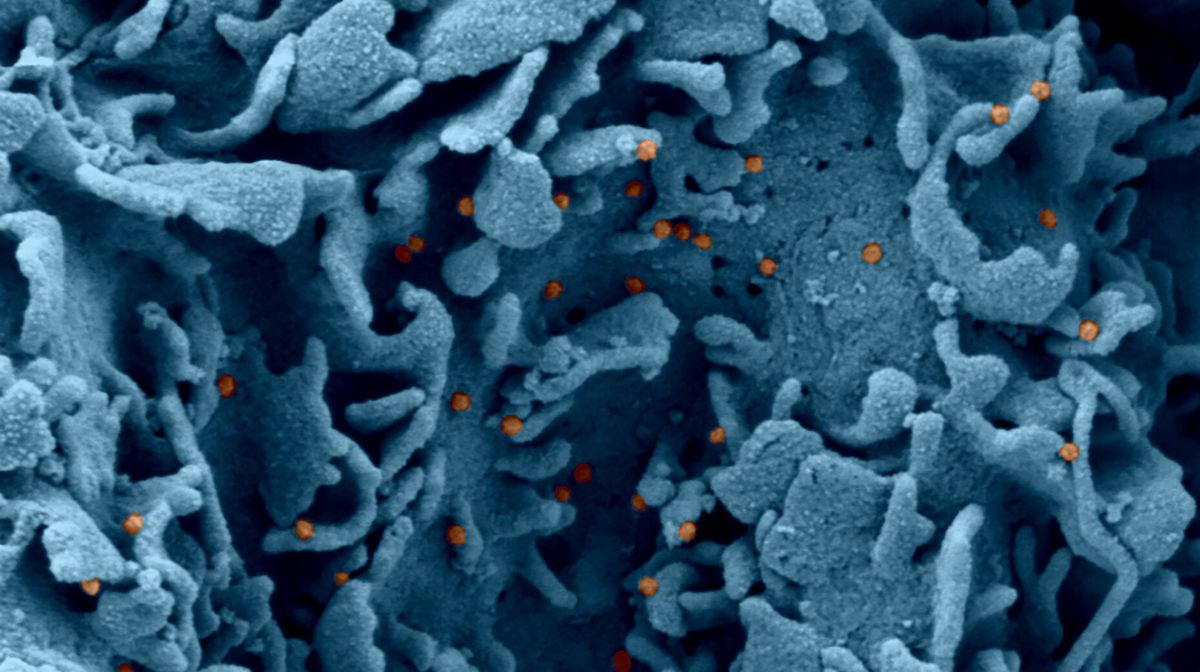
In a study recently published in the journal Scientific progresss, the scientific team led by researchers Rémi Cheynier and Stéfano Marullo Insert at the Cochin Institute (Inserm unit 1018 / CNRS / Université Paris Cité), in collaboration with medical staff at the Ambroise Paré clinic (Neuilly-sur-Seine), the crucial role of genetics in severe forms of Covid-19.
While most patients infected with SARS-CoV-2 recover within a few days after mild or moderate symptoms, a minority develop severe forms. These have led to around 7 million deaths worldwide (of the 800 million infected). In most cases, the fatal outcome is related to age and the presence of other diseases, but it can also occur in younger and healthy people.
A possible explanation? Genetically. In fact, our immunity is partly determined by our genes. In particular a Polymorphism genetically, that is, the existence of multiple versions of the same gene linked to the production of T lymphocytes, immune cells essential for our body to fight viruses. In a healthy person, depending on the gene version present, more or fewer T lymphocytes are produced by the body, more precisely by the thymus.
Recently, it was found that the prognosis was more favorable in Covid-positive and severely ill patients with lung damage but in whom increased production of new lymphocytes by the thymus was observed.
To determine the influence of this polymorphism on the severity of Covid, Rémi Cheynier and his colleagues examined thymus function and Immune reaction against the COVID-19 virus in forty patients suffering from severe forms of Covid with severe pneumonia (lung infection).
The results showed that this polymorphism actually has clinical consequences. People with higher T-cell production rates had a stronger and longer-lasting immune response and less severe lung damage.
If the study were conducted specifically on Covid, its implications could be much broader, scientists say: it is actually likely that this link between genes and immune response is important for other infectious diseases, particularly any viral infections that result in serious lung damage. Ultimately, studying this genetic polymorphism could help identify which patients are at greatest risk of complications and death.
Source : H. Roux et al. Genetic thymus function influences the strength and duration of the immune response in COVID patients with pneumonia. Scientific advancesSeptember 22, 2023; doi: 10.1126/sciadv.adh7969





